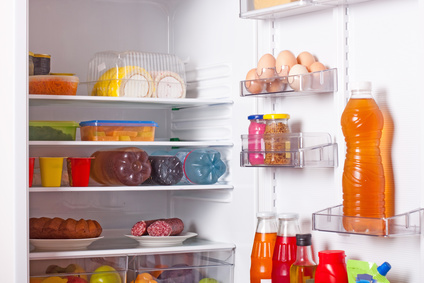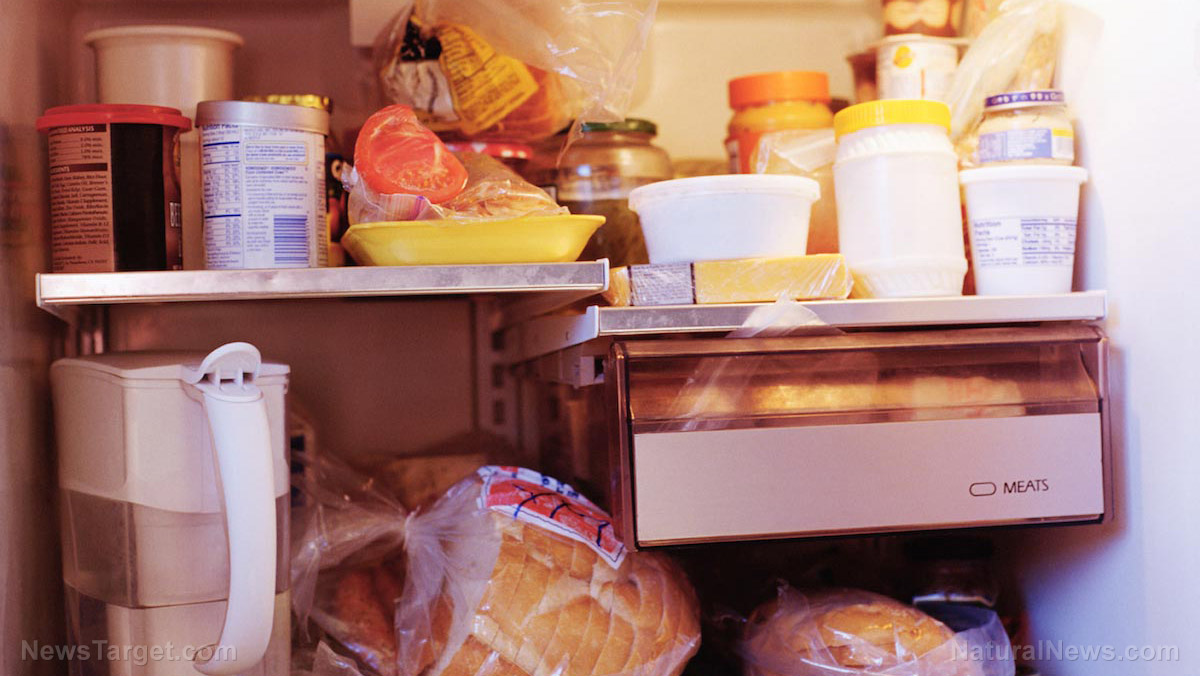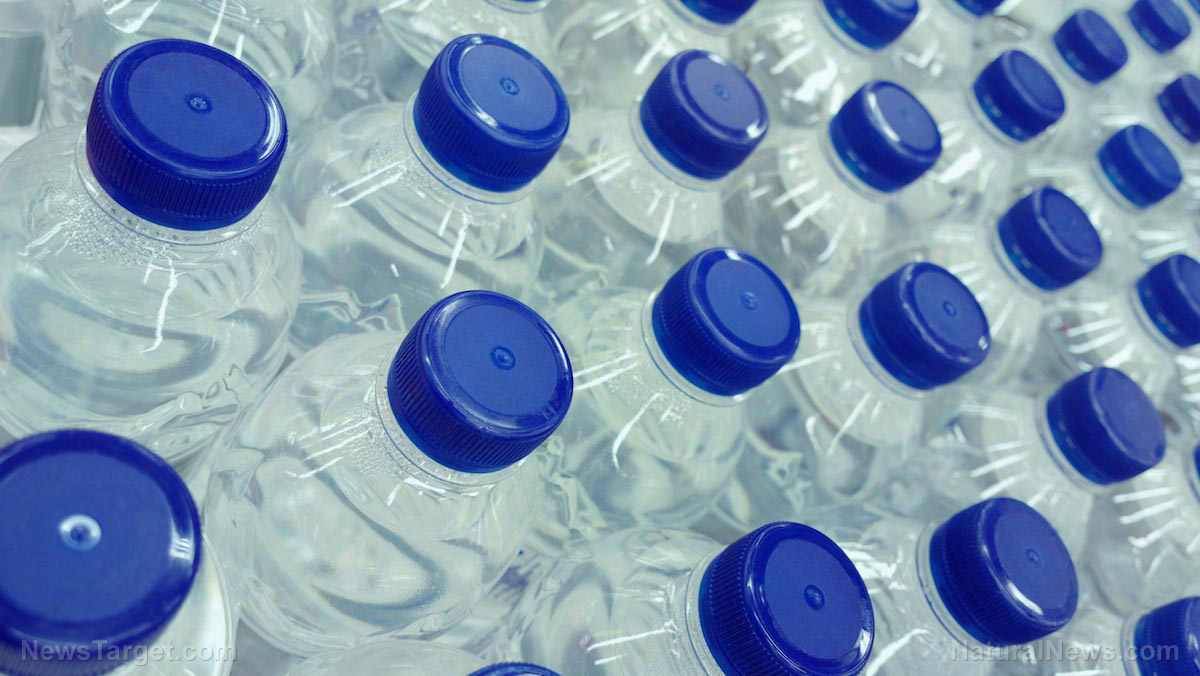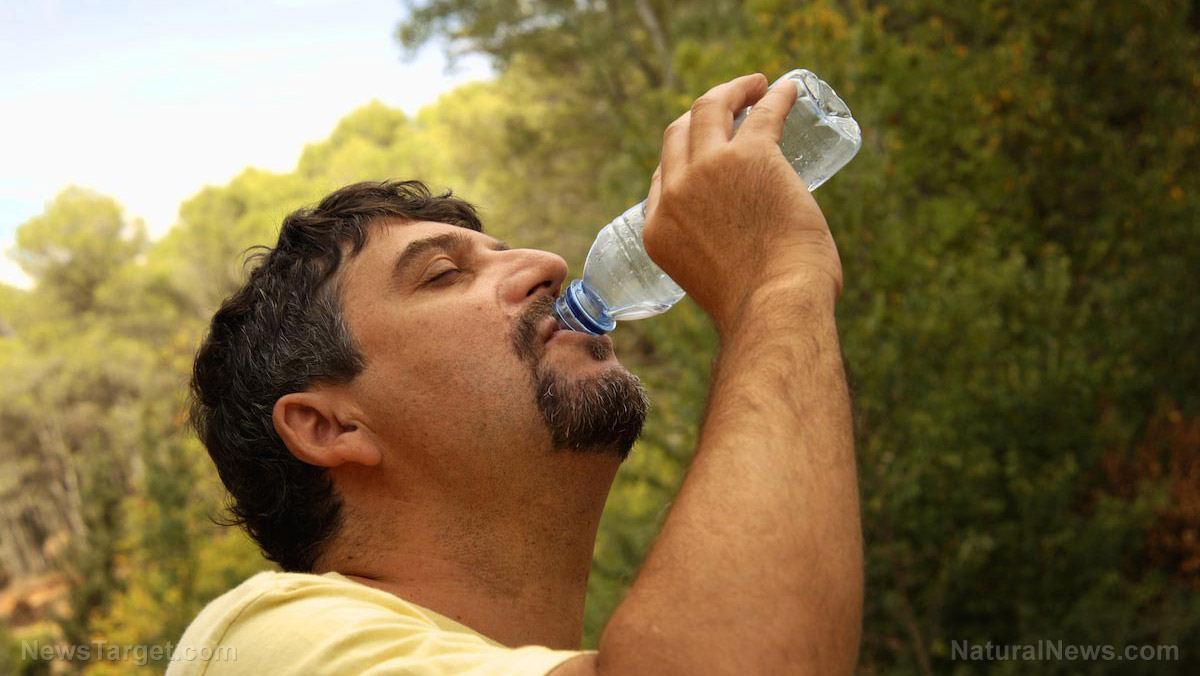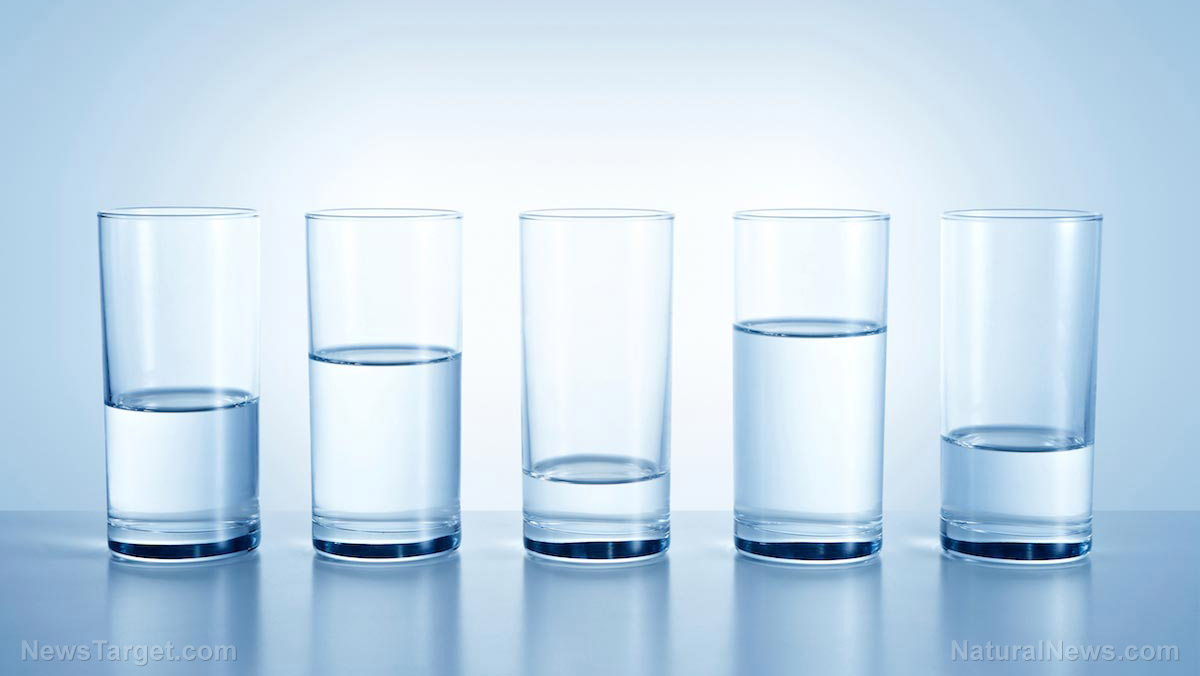
As a prepper, you must have a steady supply of food, water and other items that you might need to survive a long-term disaster scenario. You can buy food supplies or tend a home garden to grow fruits and vegetables in your backyard, but how do you go about securing a water supply that will last? (h/t to ModernSurvivalBlog.com)
Don't become complacent just because you currently have access to tap water. After food, potable drinking water is next on your list of survival must-haves.
Before SHTF, you must keep in mind that while water itself doesn't go bad, it can get contaminated if you don't store it properly or use quality water containers.
You can store water for a long time, but only if you keep it in ideal conditions to prevent organic contaminants from growing in it.
Water storage basics
To store clean water for long-term storage, you need to do three things:
- Stock up on clean water.
- Store the water in sturdy and bisphenol A-free (BPA-free) sealed containers.
- Keep the containers in an ideal storage location.
You should avoid containers with BPA because it is an endocrine disruptor. This means BPA can imitate your hormones and it can interfere with the production and function of natural hormones.
According to studies, infants and young children are most vulnerable to the negative side effects of BPA.
Data suggests that BPA can affect your overall health in the following ways:
- It may cause reproductive disorders and certain kinds of cancer.
- It is linked to heart disease.
- Exposure to BPA can cause diabetes and weight gain.
- It can affect fetal brain development.
Where to get clean water for your supply
Before SHTF, you should source municipal water straight from your faucet at home since it is treated with enough chlorine to destroy harmful organic pathogens.
The level of chlorine is typically measured at 0.5 to 1 ppm (parts per million). To test the chlorine level of water from your tap, use a swimming pool chlorine test kit.
When gathering water for long-term storage, consider increasing the level to 3-4 ppm. According to the Environmental Protection Agency (EPA), this level is enough to ensure a maximum safe level for drinking to get rid of and prevent the growth of pathogens.
Storing water properly
Invest in BPA-free heavy-duty plastic containers specifically manufactured for water storage. These containers are often blue, with labels saying that they are safe to store drinking water in.
If you don't have access to water containers, you can use alternatives like food-grade storage containers.
Keep your water storage containers in a cool room and keep them away from heat to prevent the growth of algae and other contaminants. It's best to store water in a dark room since exposure to sunlight will speed up the breakdown of chlorine in the water. (Related: Prepper storage guides: Which containers should you use to store water for stockpiling?)
The level of chlorine in your stored water will decay over time, but this is normal.
How much drinking water should you store?
You should have a three-day supply of water in your stockpile. Make sure you have one gallon of clean water per person per day. The average adult needs to drink at least one-half gallon of clean water daily.
This may change depending on several factors, such as how many people are in your group and whether you have access to clean water.
If you're only stocking up on clean drinking water for two people, 50 gallons should last you at least one month. Note that this doesn't include the water you need for cooking and cleaning.
Even if the water tastes "flat" after some time in your stockpile, it should be safe to drink. If you plan on bugging in, or staying at home, when disaster strikes, you should also get a high-quality countertop drinking water filter.
Rotate your water supply at least once a year. Drain the water or use it in your garden, then replenish it.
Before SHTF, stock up on clean drinking water and use BPA-free storage containers.
Sources include:
Please contact us for more information.















